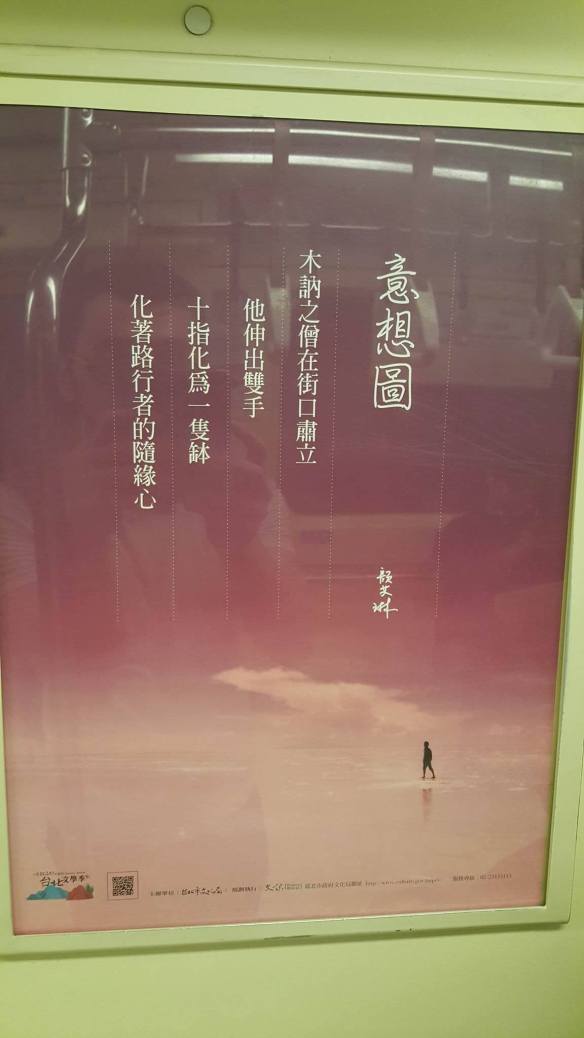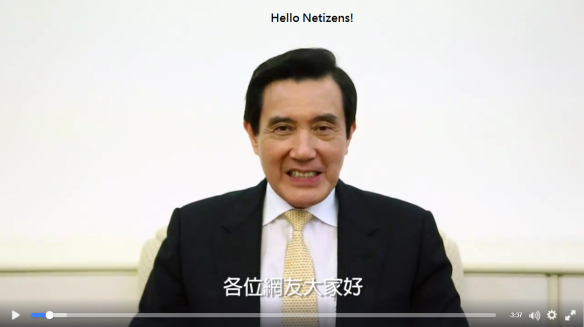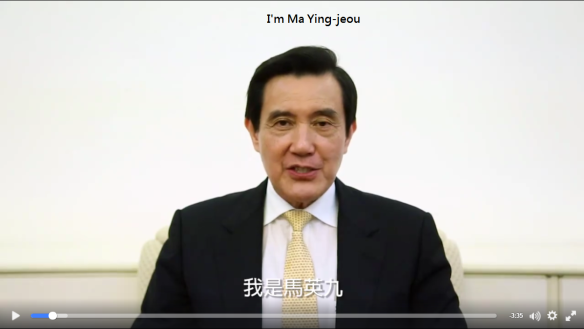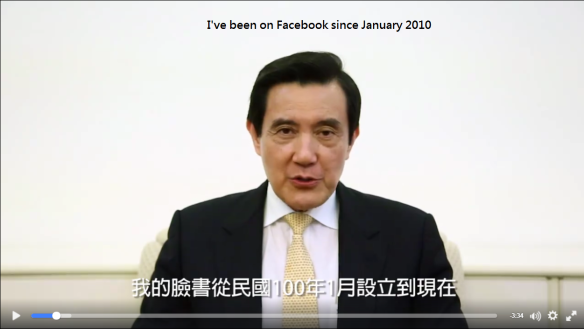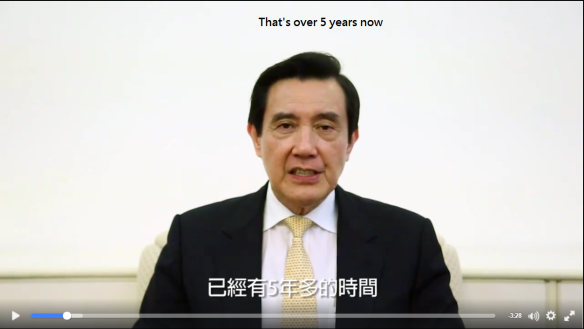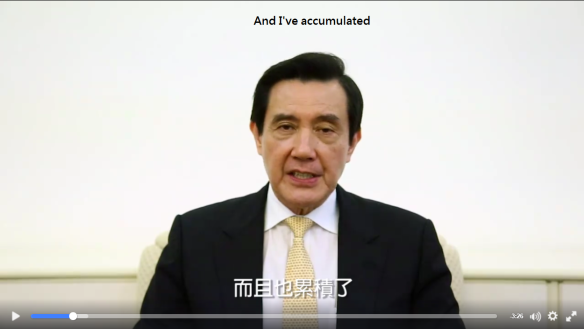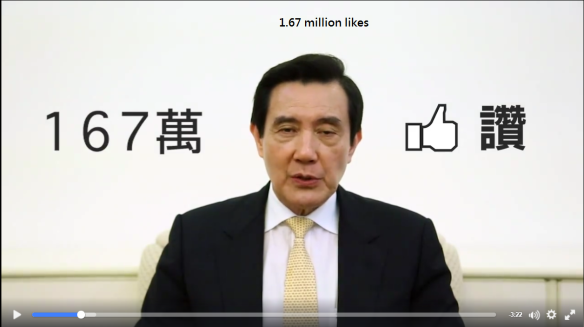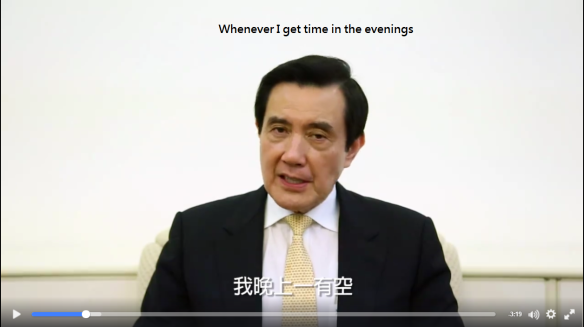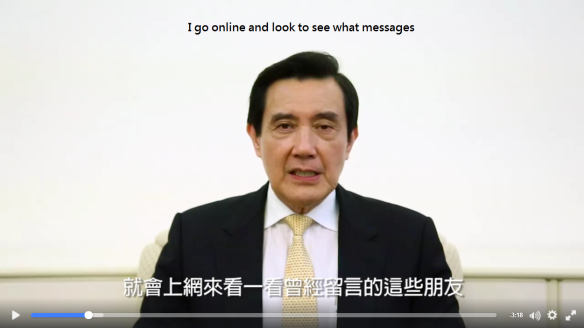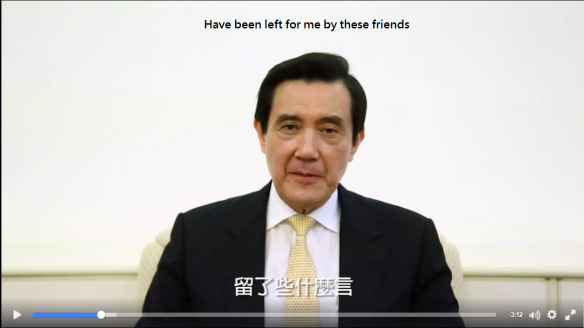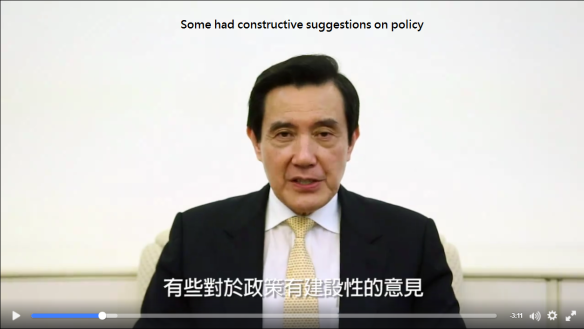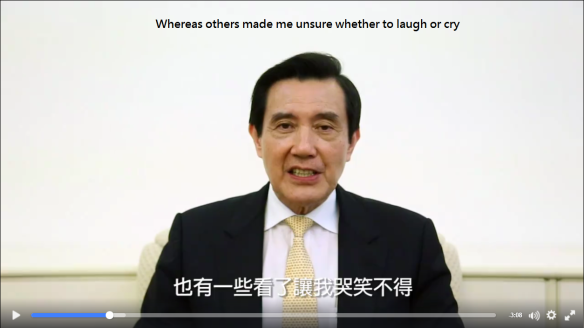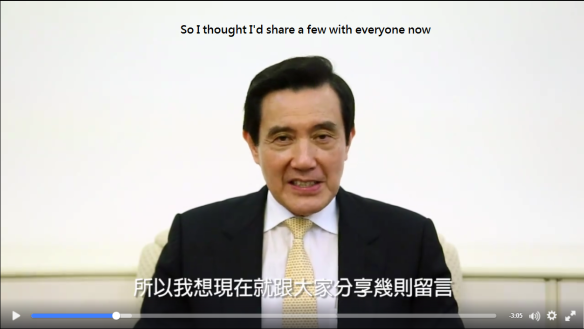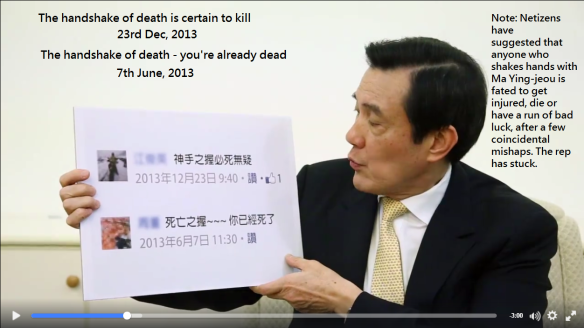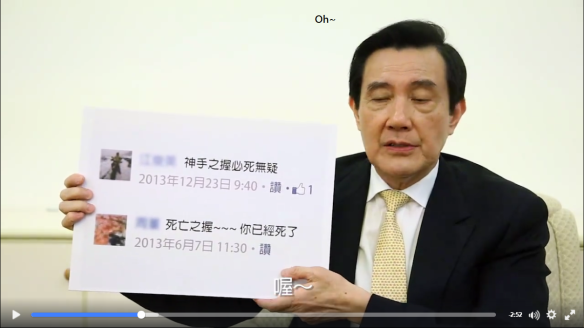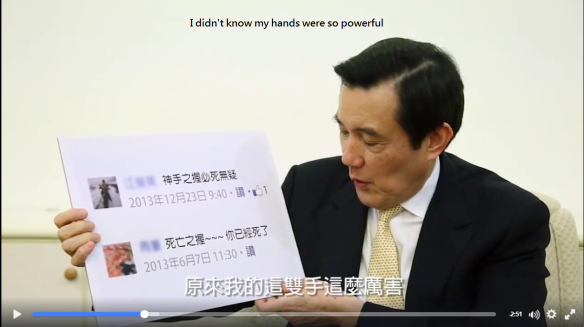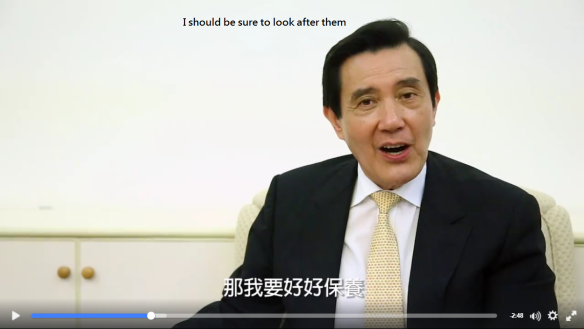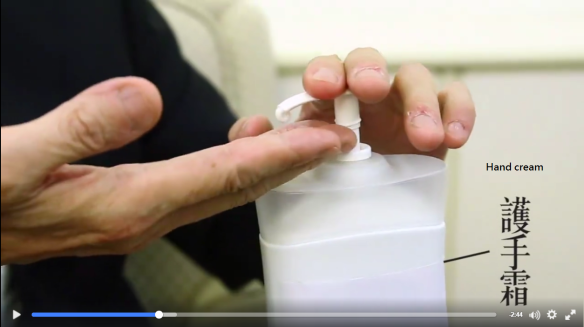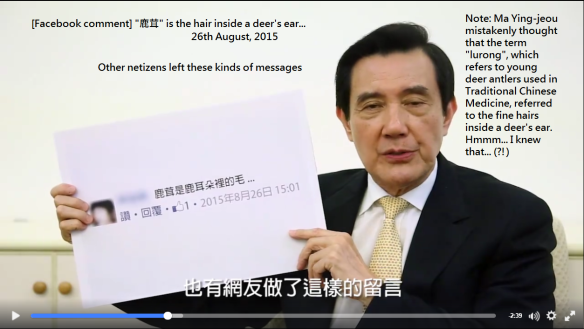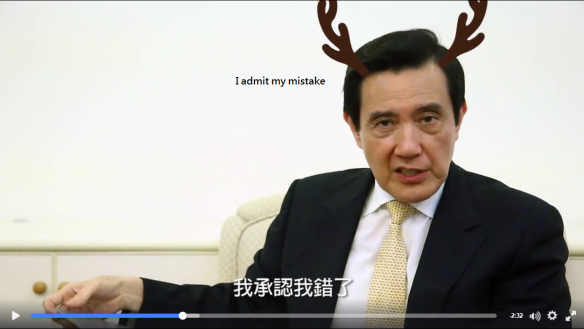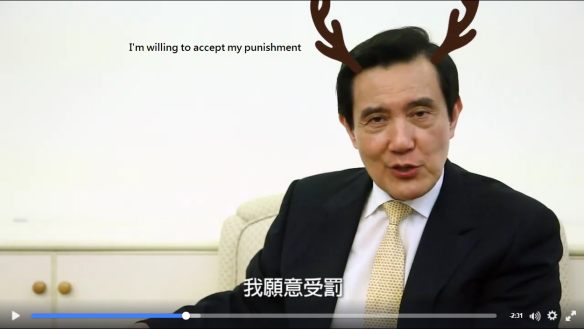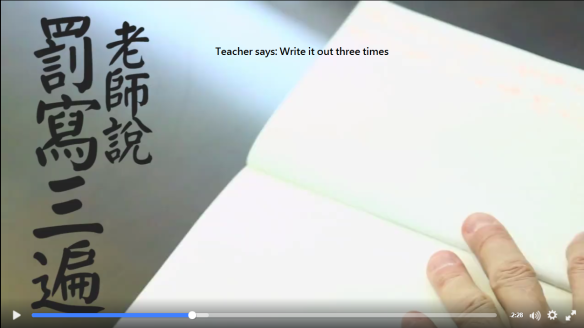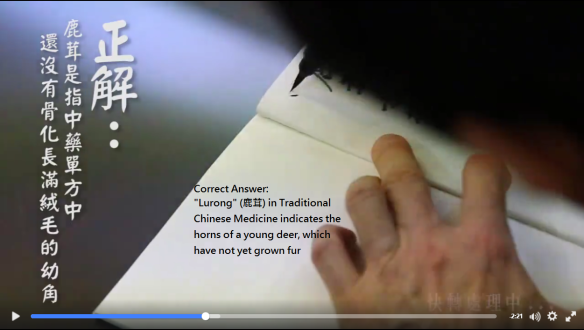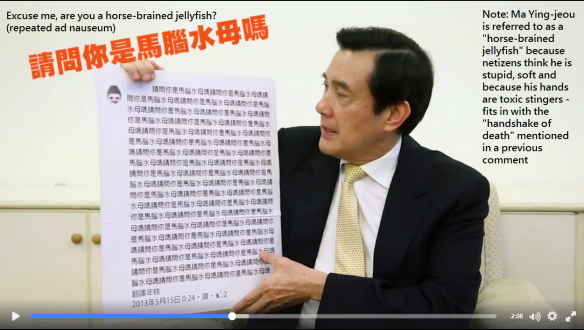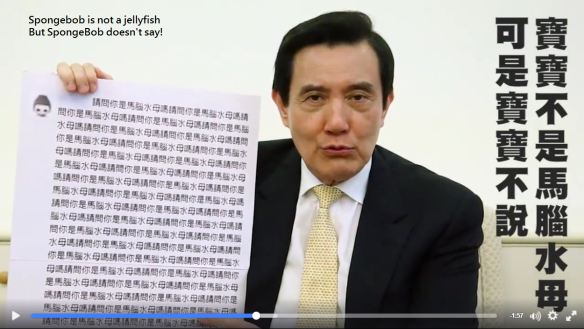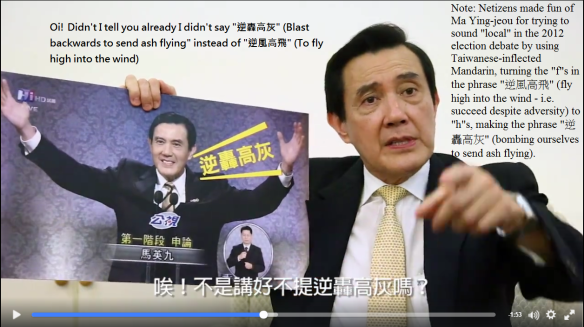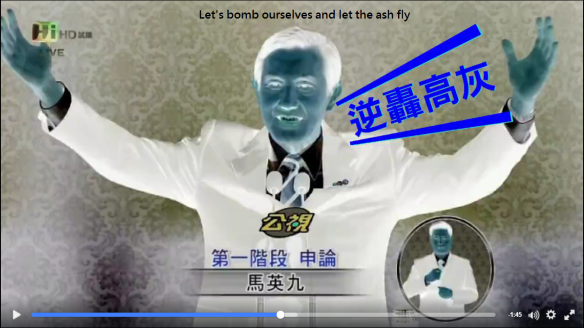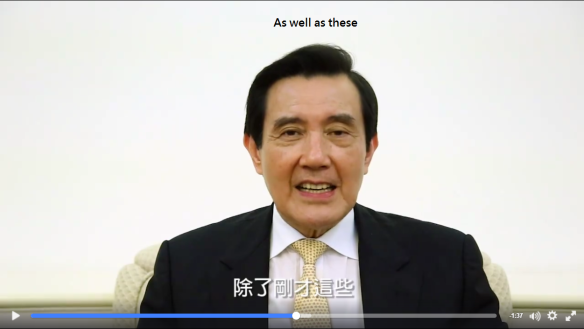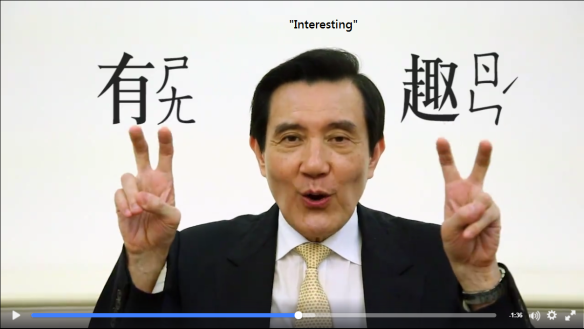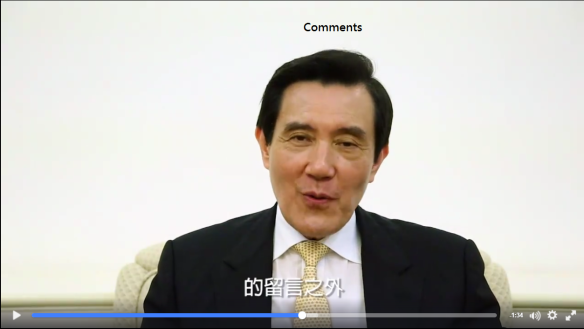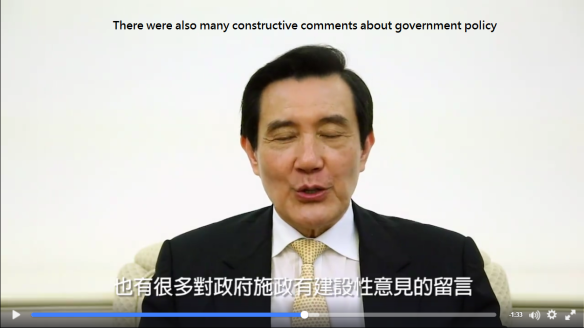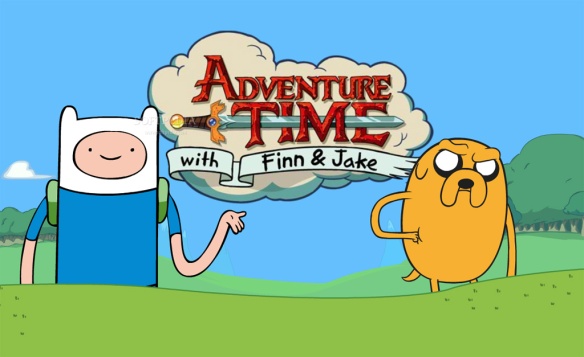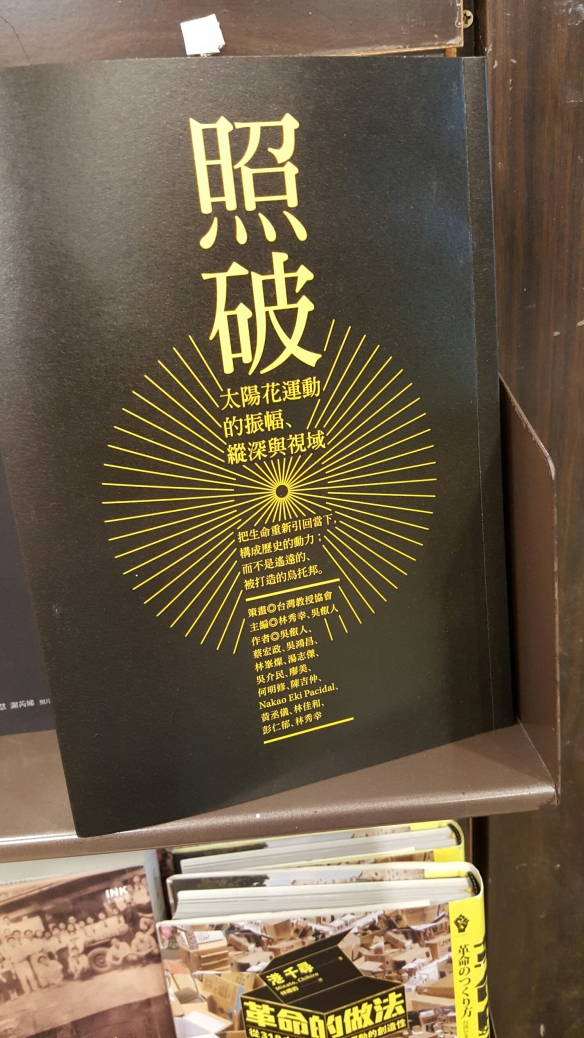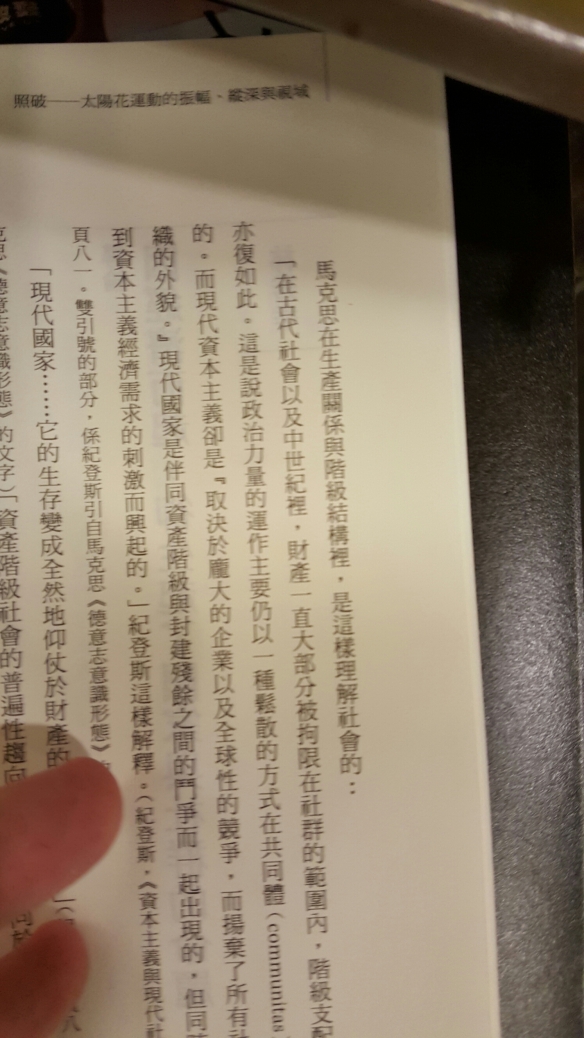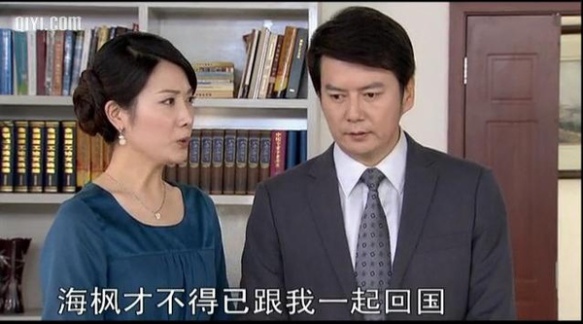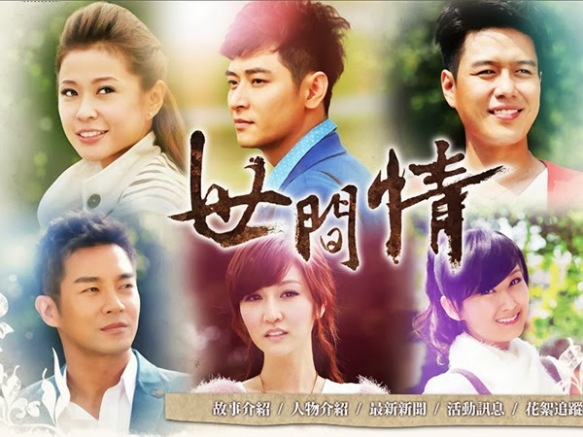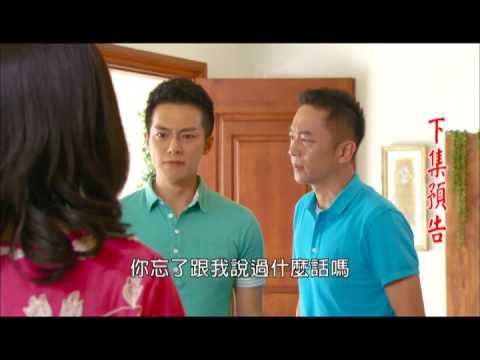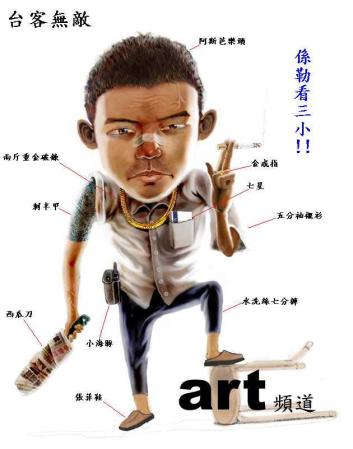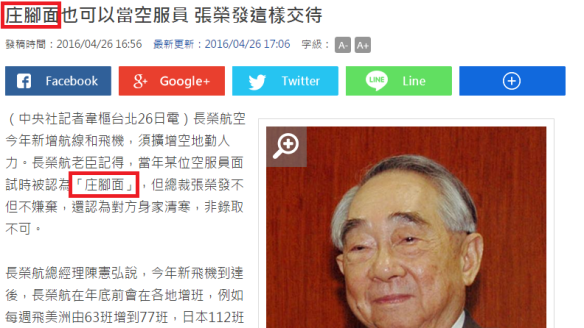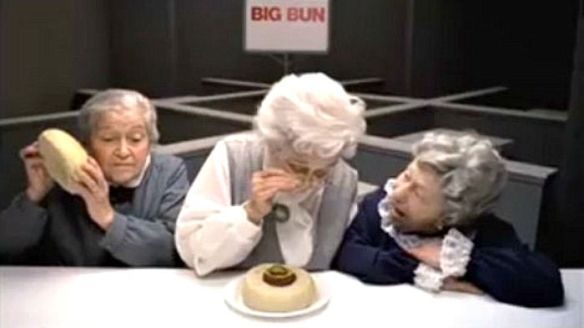
Creative Commons License John Anderson
I was recording some notes in a Starbucks* on Shida Road when two people sat down next to me and, given their proximity in the crowded store, I couldn’t help but eavesdrop on their conversation. They were speaking a language I couldn’t really place. At first I thought it was Korean, but after listening to it more carefully, it sounded a little bit more like Thai, but not quite the same (this is to someone who speaks none of these languages). I left my device recording and asked my friend (Mr Popular), who has lots of friends throughout Asia if he could ask some of his friends around Asia to identify the language. He tried Thai, with no success and he found out that it wasn’t Tagalog either. He finally got a hit with an Indonesian friend, who wrote out the conversation as below:


The conversation is about a birthday event that someone has planned for a Thursday at 8:30pm and the man and the woman are complaining that about the time, saying that 8:30pm is a difficult time and that they think 10:30pm would be better, then they add that as Thursday is a normal work day that Saturday would be better.
It got me thinking about how many languages are actually spoken in Taiwan everyday by the offspring of marriages between parents from different cultures, by students and by professional and blue collar expats from Indonesia and elsewhere living in Taiwan. When reading up about Indonesian I was surprised to learn that it’s actually the mother tongue of a very small proportion of Indonesian people, and therefore there are lots of regional variations and dialects influenced by other mother tongue languages like Javanese. It was also interesting to learn that Indonesian, like Taiwanese aboriginal languages, is an Austronesian language and Taiwan is supposed to be the origin place of the entire Austronesian language family. So you can look at the language as “returning home” in a sense.
It also borrows a range of words from Sanskrit, Arabic, Chinese (including Hokkien/Taiwanese), Portuguese and Dutch, as well as from other local languages.
One example of a borrowing from Arabic is the first word “Kamis”, taken from the Arabic “الخَمِيس (al-ḵamīs)”, meaning “Thursday” and “Sabtu” which occurs near the end of the conversation, taken from the Arabic “سبت sabt-u”, meaning “Saturday”.
*To all those opposed to Starbucks culture and all it represents, this is some food for thought on how hipster-style cafes are actually spaces with less cultural and class diversity than the big corporate cafe chains (Although the whole episode is interesting the discussion on this issue starts around 19:00). This is largely a product of their uniformity across regions and the fact that ordering procedure is clear from the outset, which means people of differing classes, or cultural backgrounds don’t feel intimidated on entering these spaces or feel like they will make a fool of themselves.
There’s also this wikipedia page on Indonesian slang terms.


